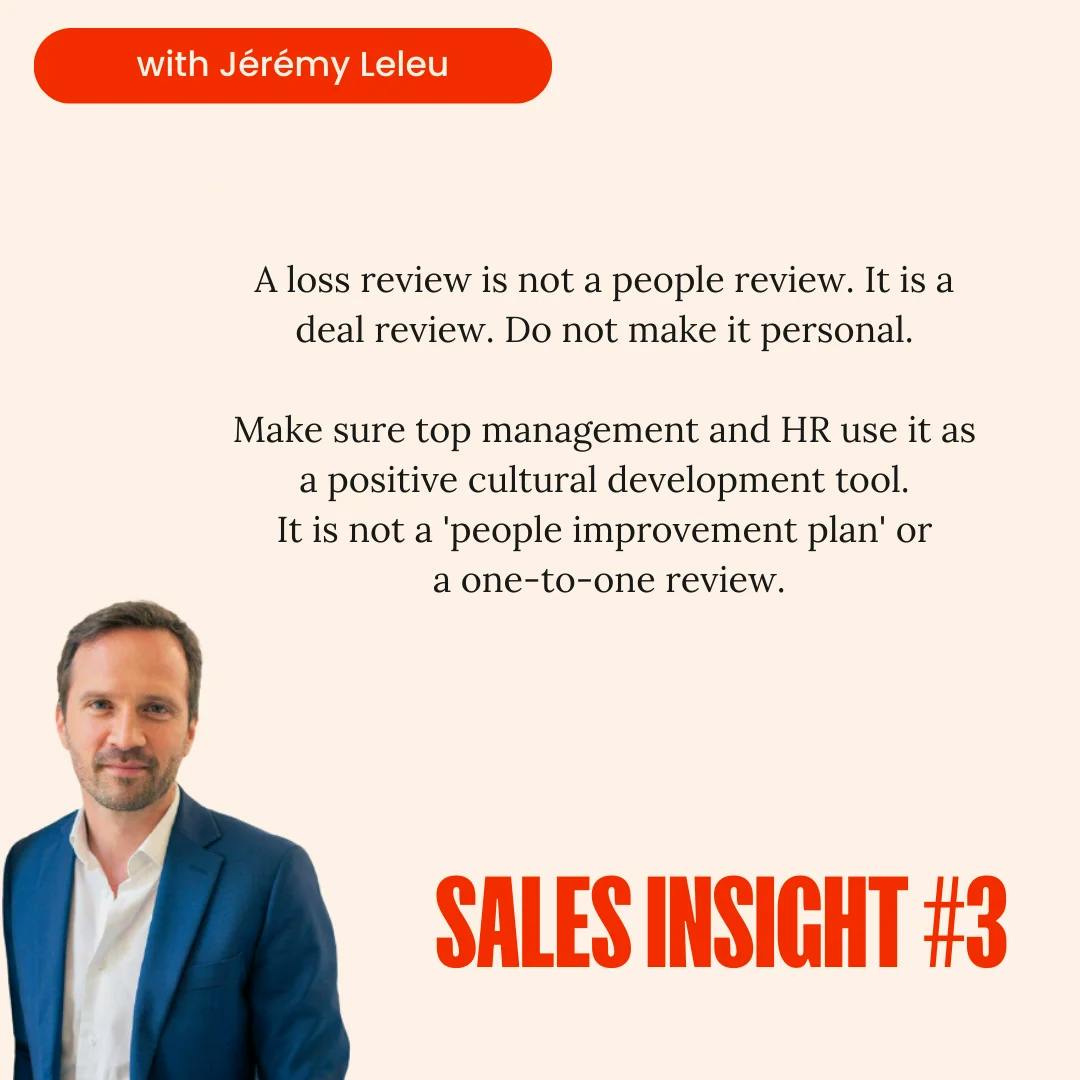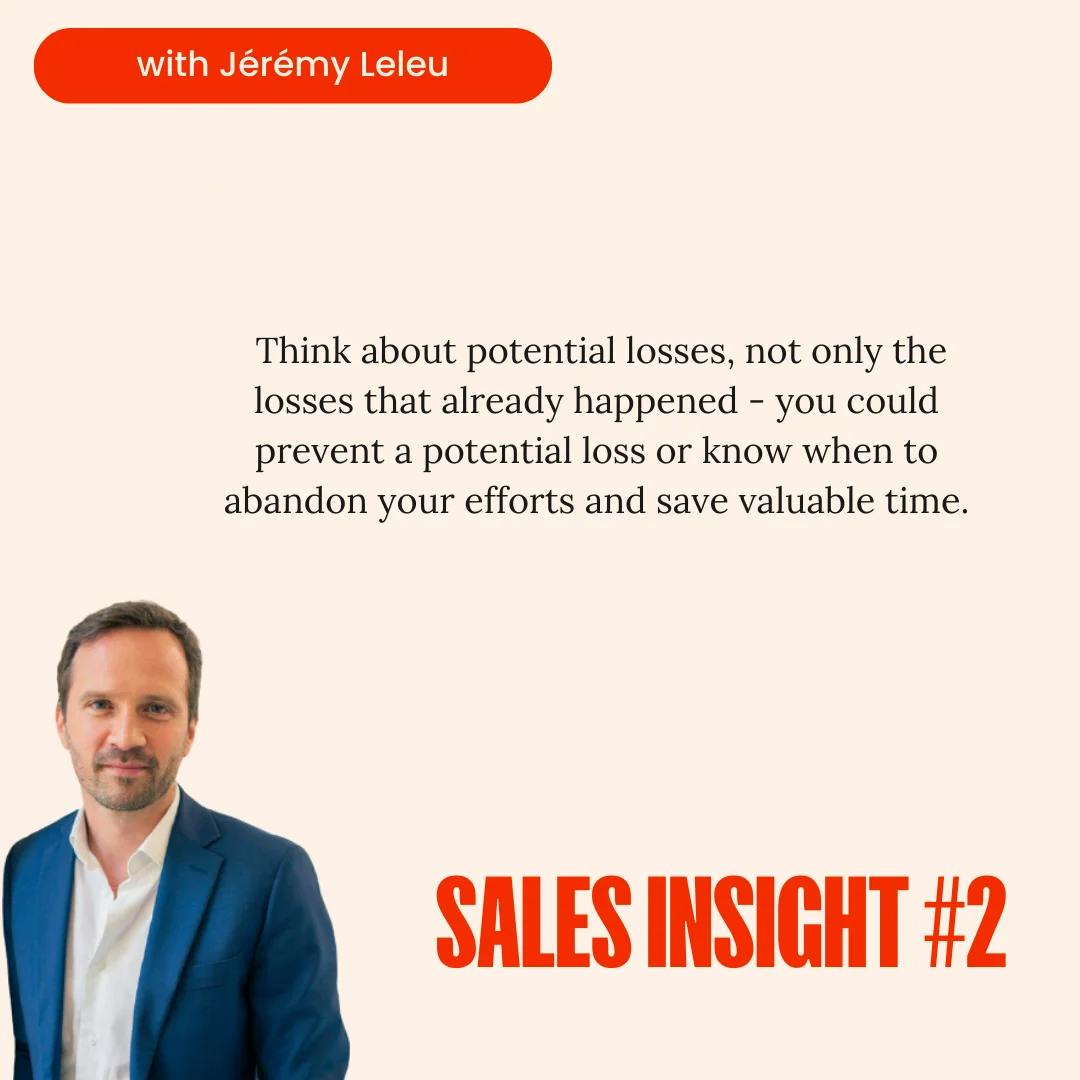Operator Insights: A Sales Perspective
February 15th, 2024
We are lucky to meet and chat with accomplished individuals who have been there, done that, and lived to tell the tale. In this series we bring you the direct voices of operators in the trenches, allowing you to gain insights straight from the source.
Whether you are looking to optimize your Sales & Marketing, Finance, Operations & People, or a combination of these areas, then read on and remember to subscribe to our newsletter so that you don’t miss out on future nuggets of wisdom!
Let’s dive in…
Say hello to Jeremy Leleu.
Jeremy was the CRO (Chief Revenue Officer) at CleverConnect - a platform that combines human intelligence and AI to connect you to your candidates and help you reach your recruiting goals. He is now open for a new adventure.
We sat down with Jeremy to learn more about his thoughts on what businesses can learn by applying the philosophy behind Kintsugi - the ancient Japanese practice of repairing broken pottery with lacquer resin dusted or mixed with powdered gold, silver, or platinum. His theory and experience shows that through embracing and not hiding losses, imperfections, flaws, and mistakes, you can end up with something that is stronger and even more beautiful.
Summary
- Take inspiration from Kintsugi, to establish a positive company culture with realistic values:
- Authenticity, Humility, Honesty, Alignment, Resilience = Commitment, Improvement, Win.
- Ask yourself how you manage losses - carrying out loss analysis is important:
- Track, learn, and repeat - embrace losses, celebrate them as you need to accept things in order to change them. And, remember to promote victories.
- Remember that 100% of the responsibility of a constructive loss review is on the management, not on the employee.
- Think about potential losses, not only the losses that already happened - you could prevent a potential loss or know when to abandon your efforts and save valuable time.
Partech asks and Jeremy answers:-
What tried and tested framework have you found to help sales teams better qualify buyers - to minimise future losses - in order to grow, learn, and be better positioned to win customers? And how can this mindset be extended across the company?
For complex sales, I suggest using the MEDDPIC framework, which includes around 80 key factual points. I like it for three main reasons:
- It covers almost all the aspects of a deal (pain, metrics, buyer process, etc.).
- It is purely binary - yes or no answers only!
- It helps create a common language shared within the company, especially outside the sales team, to help all departments.
How do you ensure active participation and transparency in a loss analysis process?
There are several ways to make it as efficient as possible:
- The decision of when and how to carry out a loss review must be made with the team. It should not be a top-down process. People have to feel comfortable participating in it.
- Only invite people involved and/or who can leverage the learnings in the future.
- A loss review is not a people review. It is a deal review. Do not make it personal.
- Make sure top management and HR use it as a positive cultural development tool. It is not a 'people improvement plan' or a one-to-one review.
- Keep it short (15 mins max per opportunity) and try to make it fun!
In what ways does the loss analysis strategy extend beyond post-quarter reflection to encompass anticipation and prevention of potential losses?
In my opinion, there are three key ways:
- We are improving the sales process, products, and services thanks to our day-to-day learnings - a loss analysis is a vital component of this journey.
- For any RFP (Request for Proposal), a loss review is a must-have: processes are always very similar from one deal to another, and you will get a quick and easy ROI on your next opportunities, especially for the Sales and Pre-Sales teams.
- Loss review drives a culture of team alignment, resilience, and team spirit. So, it will encourage people to open up and speak with each other about their next deal BEFORE they actually lose it!
For VC-backed companies, what is your advice on how investors can help reinforce this philosophy and help their portfolio companies regarding these potential losses?
Ask the founders/CRO/VP of Sales to share the outcomes of their loss reviews with their investors so they can keep track of things that need to be fixed ASAP. It may help to work on a new go-to-market (GTM) strategy, new tactics, and new investments, or give the team more time to reach their targets.
One last question. What’s one story, lesson or experience that has served you well in your sales career and would be a good takeaway for our readers to know?
Learn from Glitch. Glitch was a browser-based massively multiplayer online game created by Tiny Speck that was expensive to run and failed – in short, the company was forced to shut down when a buyer could not be secured. However, what worked in the game was the chat feature, and based on this, the founders later created Slack - the rest is history.
A bit about Partech.
Over 40 years, Partech has built a team of independent thinkers to drive forward the technology landscape. Today, the firm looks as unique as its approach, with a range of funds and a portfolio of 220 diverse businesses across sectors in 40 countries across four continents. The Partech team looks to challenge founders, working with them side-by-side to drive digital transformation forward.
SUBSCRIBE TO OUR NEWSLETTER



